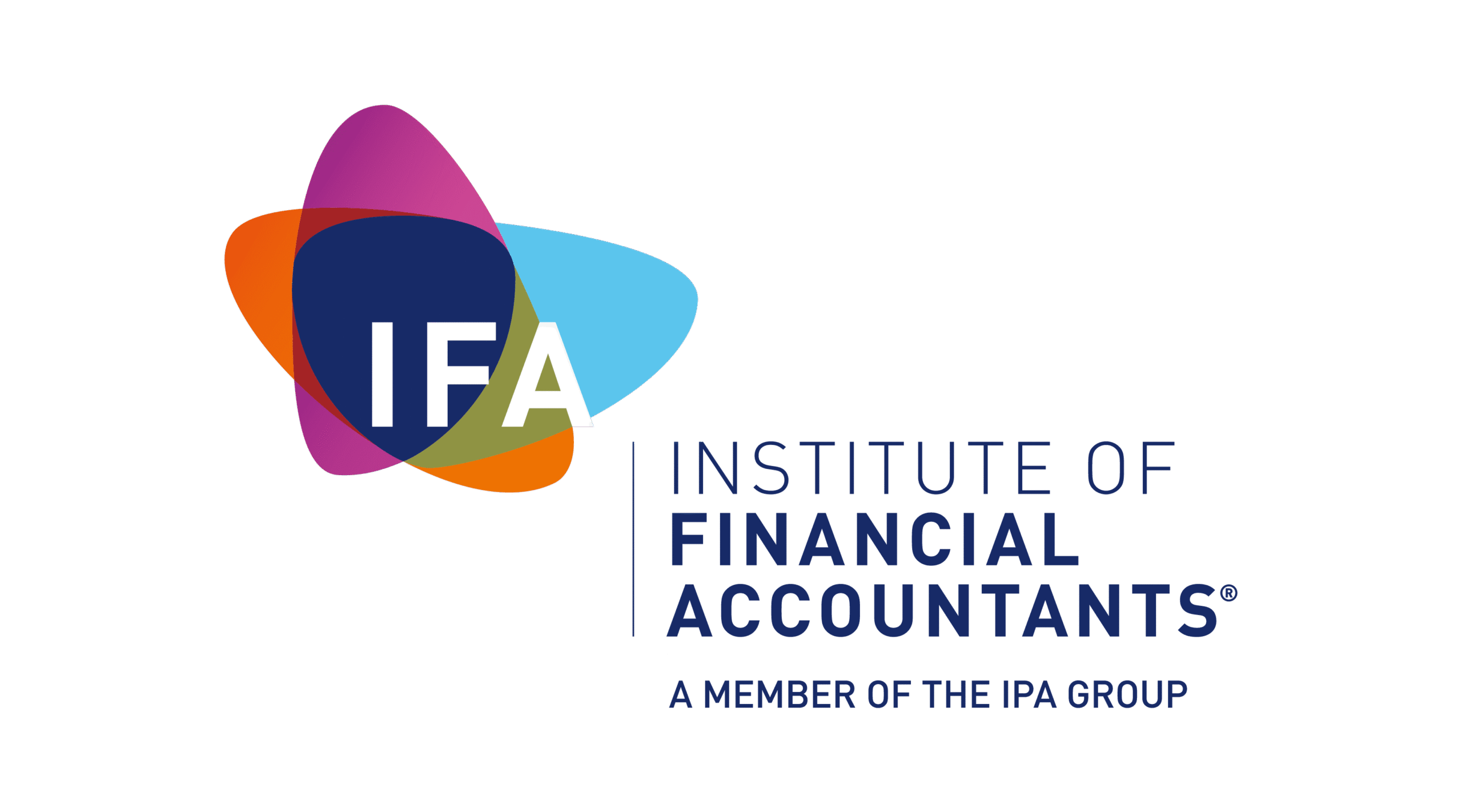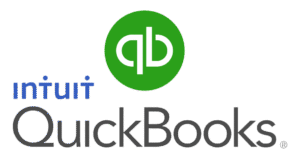
Accounting isn’t just about filing taxes or staying compliant with HMRC. At least, not anymore.
Today’s ambitious businesses whether scaling a tech startup, expanding an eCommerce brand, or building a consultancy — need strategic financial direction just as much as they need accurate bookkeeping. And yet, many SMEs are still stuck with entry-level accounting that simply doesn’t grow with them.
This gap between operational needs and accounting capabilities is what often limits growth or worse, leads to costly blind spots.
Most business owners assume their accountant has everything under control. Tax returns get filed, payroll runs on time, and expenses are logged what more could there be?
A lot, actually.
In early and mid-stage businesses, static accounting often results in:
Reactive decisions due to lack of forecasting or cash flow visibility
Missed opportunities for tax reliefs (like R&D credits or AIA claims)
Non-compliance risks from evolving VAT thresholds or IR35 rules
Lack of investor readiness — poorly structured financials can stall funding
No scalability in accounting systems when revenues increase or models evolve
What businesses really need is a financial partner someone who doesn’t just “do the books,” but actively supports decision-making with insights, alerts, and forward-looking numbers.
Strategic accounting moves beyond spreadsheets. It embeds financial clarity into the DNA of the business.
At London Accountancy Hub, we support our clients through:
Cash Flow Mapping: Not just tracking what’s spent, but projecting inflow/outflow trends across quarters.
Tax Planning in Advance: Structuring directors’ remuneration, dividend strategies, and claimable incentives before year-end.
Investor-Grade Reporting: Preparing financials in a format that makes sense for VCs, angels, and funding platforms.
KPI Monitoring: Tracking metrics like CAC, LTV, gross margins, and net burn — not just revenue.
Tool Integrations: Connecting platforms like Xero, Dext, Stripe, and CRMs for real-time reporting.
This is not just a shift in process it’s a shift in mindset. Businesses need accountants who act as advisors, not just administrators.
Book a free strategy consultation with London Accountancy Hub today and see how your financial setup can be a driver of growth, not just a record of the past.
London Accountancy Hub provides expert accountancy and tax consultancy services across the UK. Trusted, transparent, and committed to your financial success.

AJP Business Centre
152-154
Coles Green Road
London, NW2 7HD

London Accountancy Hub UK




London Accountancy Hub provides expert accountancy and tax consultancy services across the UK. Trusted, transparent, and committed to your financial success.

AJP Business Centre
152-154
Coles Green Road
London, NW2 7HD

London Accountancy Hub UK



